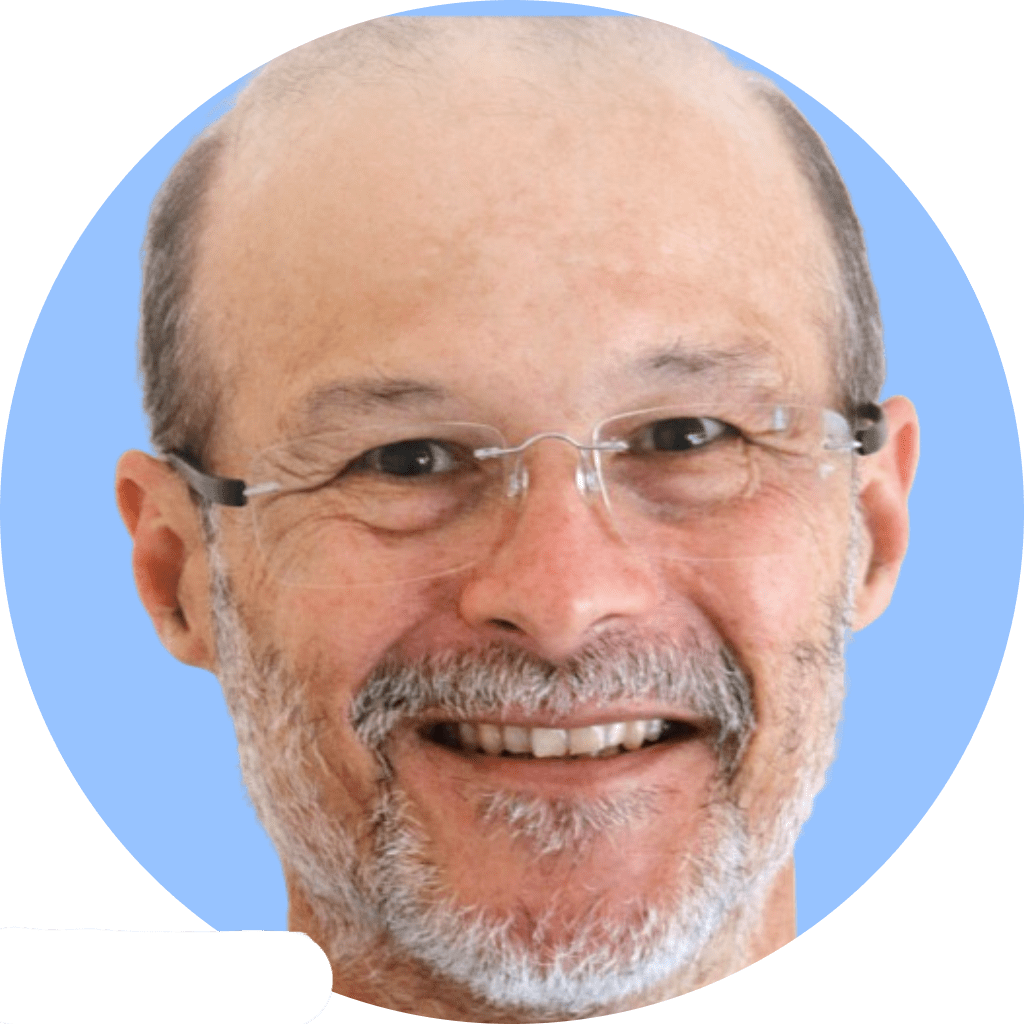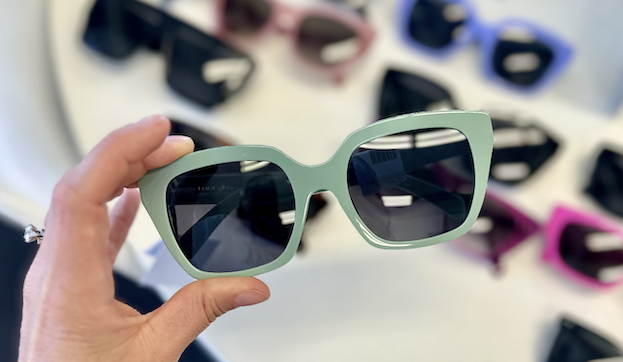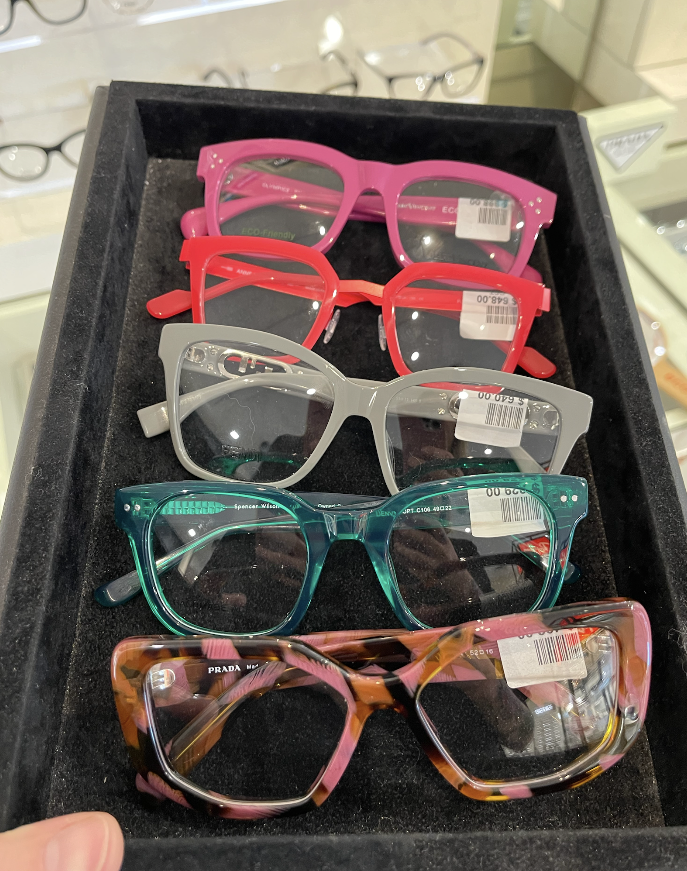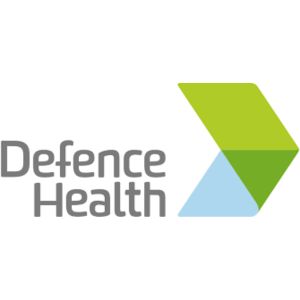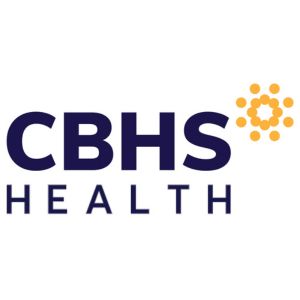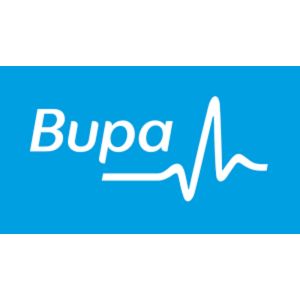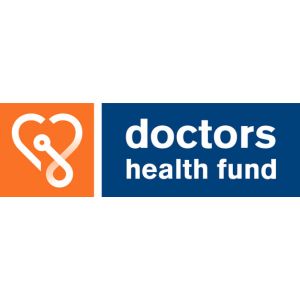Allan has forty years of optometric experience, graduating from the University of NSW with a Bachelor of Optometry in 1983. He has a keen interest in ocular pathology and was one of the earliest of Australian optometrists to become therapeutically qualified through a pilot course run by the Pennsylvania College of Optometry’s Doctor of Optometry program in 1988/89, almost a decade before Australian optometrists became endorsed to practice therapeutically. Prior to transferring to South Australia, Allan had his own practice in country NSW. This entailed three days a week in his own rooms and two days a week spread across two medical practices and two hospitals.
Since commencing practice in Munno Para over twenty years ago Allan has maintained an interest in ocular pathology. Most people would be aware of diabetic retinopathy, macular degeneration and glaucoma but, as a therapeutically qualified optometrist, Allan also diagnoses and manages a wide range of other ocular conditions. One area of expertise is foreign body removal. The Eyes & Vision practice has specialised equipment that allows for the most thorough optometric investigation of ocular pathology.
Allan’s other professional interests include the supervision of final year optometry students and mentoring these same students in their first year of practice. He has been on the South Australian Health Practitioners’ Tribunal (now known as the South Australian Civil and Administrative Tribunal) since 2017.
Allan is married with two grown sons. Outside of optometry, Allan has an eclectic mix of hobbies ranging from wine collection and cellaring, oil painting (especially portraits), bushwalking and Scouts; he has been a Scout Leader since 1984.
Allan’s tips:
“Glaucoma and diabetic retinopathy are of special interest to optometrists because, in their early stages, they don’t affect vision to any obvious degree. By the time vision is noticeably affected it is often very hard to delay or prevent further vision loss. Regular optometric (or ophthalmological) exams remain the most effective way to detect these diseases and minimise vision loss. As an example, specialised equipment such as the Ocular Coherence Tomographer can detect glaucoma up to 10 years before vision loss occurs.”

